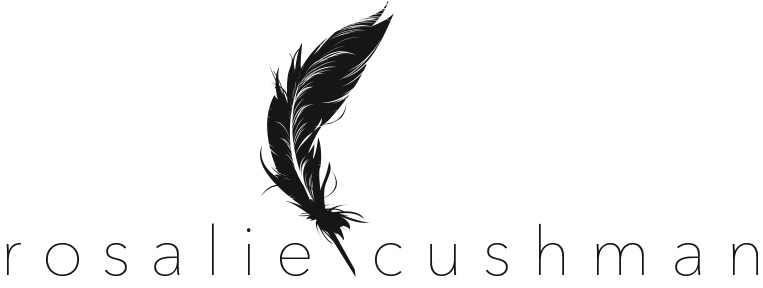Good Lord. We’re living longing and surviving better in the 21st Century than ever before. But Lordy it is not always so easy for folks with disabilities and questionable financial resources.
A Hymn to Being Old
Now, in no way is this any sort of complaint. Rather, it is a kind of hymn to those of us with physical challenges negotiating with svelte and vibrant young things (often loud) standing in the grocery line. They know nothing of such conditions or experiences as I did not when I was their age.
Most bodies move fast until, of course, they don’t. I’m having flashbacks of Tim Conway doing his really old man routine, shuffling r-e-a-l-l-y slowly, hands dangling, slack jawed, making growly noises as he proceeds at a snail’s pace to wherever he is going. It was so very funny then; not so much now!
Really, I’m nowhere near that bad! Nowhere, no how. The image still brings a smile and a tickle to my face. And, yet, and yet!!! Actually, I walk pretty fast, especially when I’m out with my hiking poles. But here’s the thing: the world is still flying by me! Part of me doesn’t give one whit. Part of me does, ambivalence writ large.
The Art of the False Start
You have to start somewhere, and so I have. Impulsive and a bit brash at times, I shot myself out of the running-away-from-home cannon and only later have I realized the problem of flying without a net. When I was a little girl (age five) we had a trapeze in our basement. I loved to swing on it, fantasizing about being a trapeze artist performing all kinds of tricks as a circus performer.
One day, I decided to stand up and swing. After pumping my little legs, and after reaching a lively speed, I released my hands from the bar handles, imagining a skill I did not possess. As night follows day of course I fell. On the concrete basement floor, flat and splat prone! Mercifully, my mother had been in the basement across the room, doing laundry.
OMG!
To this day, the rest of the memory is equally vivid and hazy, both. Mom picked me up, carried me upstairs and laid me on the bed in my parents’ bedroom and called my dad asking him what to do. I remember crying and gasping, gasping for breath. At some point, she picked me up again, carried me to the car, laying me on the backseat.
I continued crying.
Living on an acreage about five miles from town, we finally arrived at the hospital, I’m rushed inside (by medical professionals,) X-rayed, diagnosed and installed in a ward, flat, prone, with a phenomenally boring view of the ceiling! I had five (or was it seven?) fractured vertebrae. I remember being told I had to lie only flat, could not roll over or move in much of any way, or they would put me in a body cast!
There were other patients on the ward, mostly adults, though not a lot as far as I could determine, with only their voices and slight dips to look out the sides of my head. I think I remember my mother and even father at the bedside at some point but they were eventually shushed out by nurses so I could rest.
The Metaphor Is Not Lost On Me
So here I am now, flying without a net, at age 71, after escaping from what, for me, was an immobilizing and painful “bed.” However many years I have left, I cannot lie flat and constrained, as long as I have five neurons left in my brain to accompany my unlimited spirit. Years ago when I was in college, I heard a description very apt for me: “she is an active verb.” Breathing makes me active, thinking and articulating thought makes me active, and I can do no other thing with my nature. In essence, I’m at a stage now of renegotiation.
I’ve had two remarkable examples —Bennet and Magie—who serve as north stars for me. I did not, could not, have appreciated their importance in such a way now, even though they’ve served very different examples. Without a doubt, I was privileged to have them in my life earlier. But each, while springing to my mind and heart at such a time as this, are metaphorically whispering something delicate yet solid, sturdy in the face of challenge, encouraging an indescribable certitude in the very face of uncertainty.
